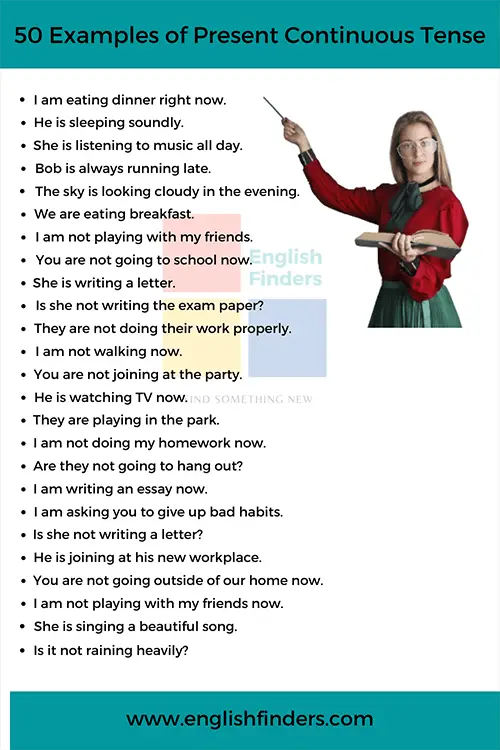Have you ever found yourself struggling to communicate effectively in English, even though you have a good grasp of the language? If so, you’re not alone. English grammar can be complex and confusing, leading to common mistakes that hinder fluent communication. In this article, we will explore ten of these common grammar mistakes in English and provide you with tips on how to avoid them.
10 Common Grammar Mistakes to Avoid for Fluent Communication
Quick Navigation
English grammar forms the backbone of effective communication. Even minor mistakes can significantly impact how your message is perceived. You can enhance your language skills and express yourself with clarity and confidence by avoiding common grammar mistakes in English. So, let’s dive in and master English grammar for better communication!
Mistake 1: Confusing “Your” and “You’re”
One of the most prevalent mistakes is the confusion between “your” and “you’re.” “Your” is a possessive pronoun indicating ownership, while “you’re” is a contraction of “you are.” To avoid this error, remember that “your” shows possession, while “you’re” implies “you are.”
Mistake 2: Misusing Apostrophes
Apostrophes are commonly misused when indicating possession or forming contractions. Using an apostrophe before the “s” indicates possession, while using it after the “s” denotes a contraction. For example, “John’s book” shows possession, whereas “It’s raining” is a contraction of “It is.”
Mistake 3: Subject-Verb Agreement Errors
Subject-verb agreement errors occur when the subject and verb do not agree in number. For instance, saying “The dog’s barks loudly” instead of “The dog barks loudly” is incorrect. Ensure that the verb matches the number of the subject to avoid this mistake.
Mistake 4: Misplacing Modifiers
Misplacing modifiers can lead to confusion in your sentences. A modifier should be placed near the word it modifies to avoid ambiguity. For example, “I only ate apples yesterday” suggests that the person didn’t do anything else with the apples, whereas “I ate only apples yesterday” implies that no other food was consumed.
Mistake 5: Run-on Sentences and Sentence Fragments
Run-on sentences and sentence fragments can hinder the flow and coherence of your writing. A run-on sentence combines two or more independent clauses without proper punctuation or conjunctions. On the other hand, a sentence fragment lacks a subject, verb, or complete thought. To avoid these mistakes, ensure each sentence is complete and well-structured.
Mistake 6: Incorrect Pronoun Usage
Using pronouns incorrectly can lead to confusion or ambiguity in your sentences. Ensure that pronouns agree with their antecedents in number and gender. For example, saying “Everyone should bring their own book” is incorrect. Instead, it should be “Everyone should bring his or her own book.”
Mistake 7: Confusing Homophones
Homophones are words that sound alike but have different meanings. Confusing them can result in misunderstandings. Some commonly misused homophones include “their,” “there,” and “they’re”; “to,” “too,” and “two”; and “its” and “it’s.” Take care to use the correct homophone in each context.
Mistake 8: Using Incorrect Verb Tenses
Using incorrect verb tenses can alter the intended meaning of a sentence. Ensure consistency and accuracy in verb tenses, especially when referring to past, present, or future events. Review grammar rules to avoid using inappropriate verb tenses in your communication.
Mistake 9: Overusing Passive Voice
Overusing the passive voice can make your writing sound vague or impersonal. Active voice, on the other hand, brings clarity and directness to your sentences. Use the active voice to express your thoughts and ideas more effectively whenever possible.
Mistake 10: Lack of Consistency in Writing Style
An inconsistent writing style can make your communication appear disjointed and unprofessional. Pay attention to punctuation, capitalization, and formatting conventions to maintain a consistent style throughout your writing.
Final Words
Mastering English grammar is crucial for fluent communication. By avoiding these ten common mistakes—confusing “your” and “you’re,” misusing apostrophes, subject-verb agreement errors, misplaced modifiers, run-on sentences and sentence fragments, incorrect pronoun usage, confusing homophones, using incorrect verb tenses, overusing passive voice, and lacking consistency in writing style—you can improve your language skills and communicate more effectively.
FAQs
Are these grammar mistakes specific to non-native English speakers?
How can I improve my grammar skills?
Are these grammar mistakes considered serious in professional settings?
Can using incorrect grammar affect my chances of getting a job?
Is it possible to become fluent in English without mastering grammar?

Azizul Hakim is the founder & CEO of englishfinders.com. He is a passionate writer, English instructor, and content creator. He has completed his graduation and post-graduation in English language and literature.




